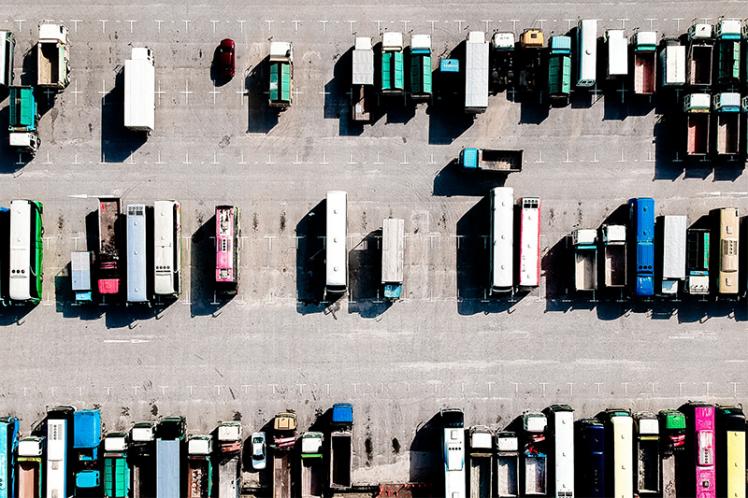Lowe's Transport Managers' and Operator's Handbook : The Dangers of Agency Drivers

For transport managers and operators, the use of temporary drivers to replace missing workers is fairly commonplace. But what are the risks, and how can you protect yourself from a legal standpoint?
Dependence on agencies for the supply of temporary drivers to provide relief manpower when regular drivers are not available has caused difficulty in interpretation of the term ‘user’ and deciding who should hold the operator (‘O’) licence: the vehicle owner or the agency that pays the driver. The person who pays the driver’s wages is the ‘user’ and is therefore the person who should hold the ‘O’ licence.
Usually the agency asks the hirer to sign an agreement whereby the agency becomes the ‘agent’ of the operator for these purposes in paying the driver’s wages. The driver is considered to be the servant of the hirer because the hirer gives instructions and directs the activities of the driver who is temporarily in his employ. The key issues here is who controls how the drivers do their job. This must be the ‘user’ of the vehicle and the holder of the ‘O’ licence.
The great danger with agency drivers is that the operator has no sound means of establishing whether the driver is legally qualified to drive or whether he has already exceeded his permitted driving hours on previous days, and whether he has had adequate rest periods, other than to be able to download information held on the driver’s ‘digi,’ tacho card. Reputable agencies usually go to considerable lengths to ensure that the drivers provided by them for their clients are properly licenced and have complied with the driving hours rule in all respects.
It is worth also remembering that the use of casually hired or temporary drivers, whose backgrounds and experiences may not be fully known, can result in jeopardy of the contract of insurance covering the vehicles and there could also be serious security risks as well as possible ‘O’ licence penalties for infringements of the law. For this reason the operator should confine himself to obtaining drivers from reputable agencies who are known to have vetted drivers satisfactorily.
Operators who use agency drivers should be aware that they may be held liable for negligence or driving offences committed by such drivers. They are also liable for ensuring the health and safety of hired drivers, and must inform them of the legal requirements of vehicle operations, such as the ‘hours’ law, tachographs, sage loading and vehicle checks.
A Code of Practice for the employment of agency drivers is available from offices of the Freight Transport Association (FTA) the Road Haulage Association (RHA) and the Recruitment and Employment Confederation (REC). The Code sets out the respective duties and responsibilities of the haulier on the one hand and the supplying agency on the other, with a checklist for each to ensure that full and correct information is exchanged as to the requirement for the driver (e.g. the skills and personal attributes required) and the particular job to be done. It also contains a model set of instructions and procedures which should be given to drivers.




